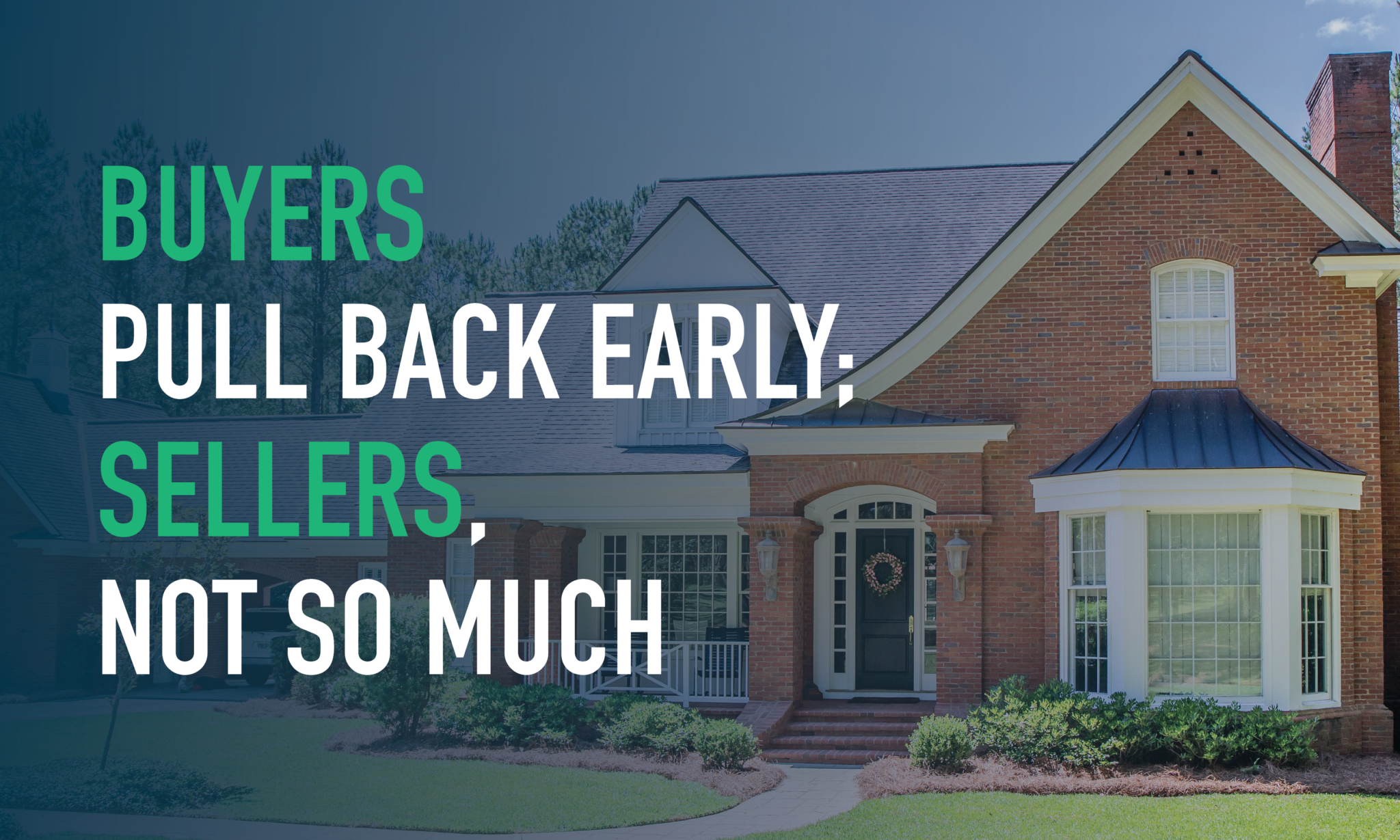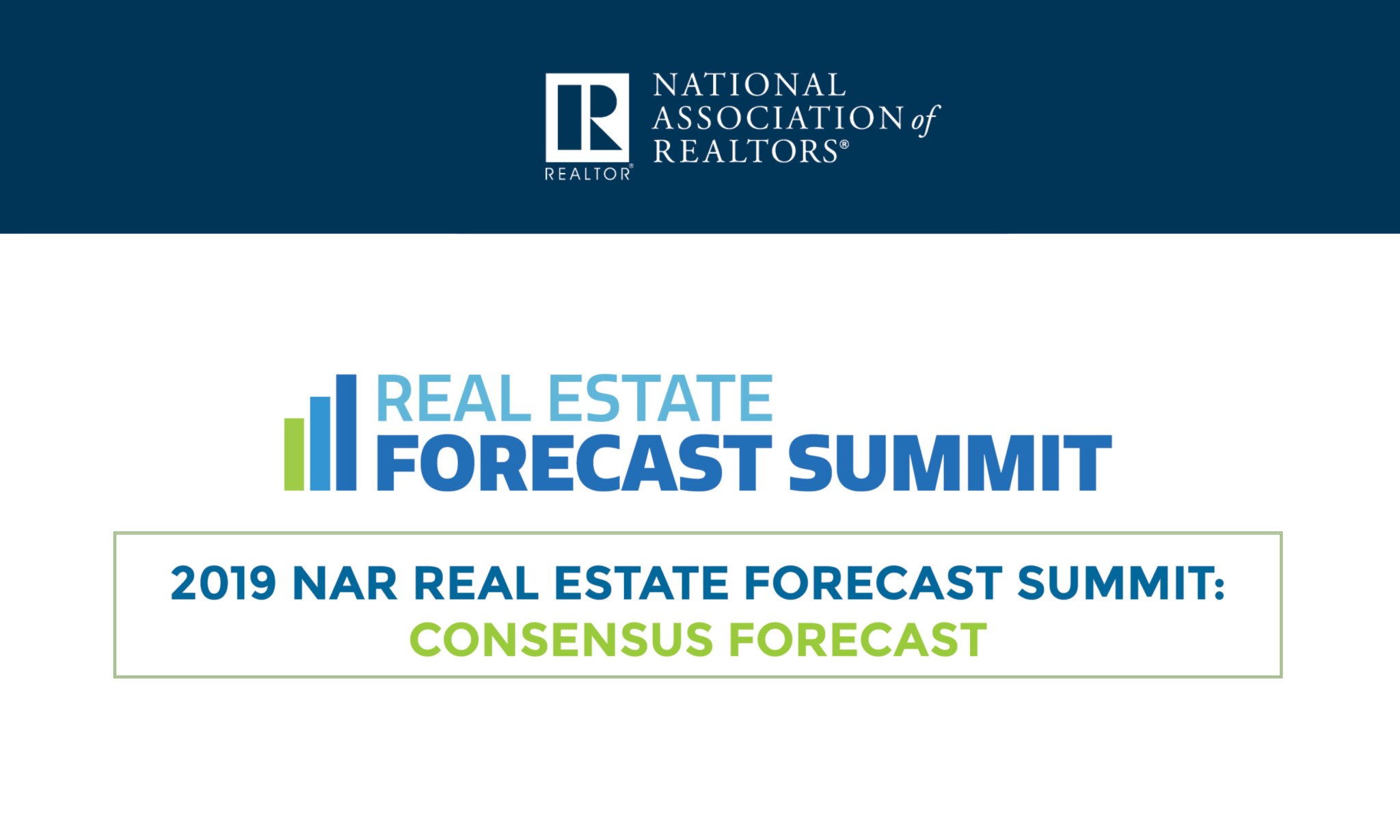Trends
For data-driven stories, to appear under “Trends” menu

Looking to attract buyers during or after the COVID-19 pandemic? Here are three elements agents should pay attention to right now.

Weekly motivational messages give guidance for agents to keep moving forward during COVID-19 pandemic and preparing for what comes once it’s over.

A new survey asks agents how they think their clients will respond to the novel coronavirus pandemic, as well as how they’re shifting their business activities.

A national survey of real estate agents digs into how clients are reacting to the coronavirus outbreak, how home values will be impacted, and the likelihood that we’ve entered a recession.

A new report from Zillow outlines what to highlight in a listing and what to hide.

A new survey conducted by Coldwell Banker highlights the similarities in homebuying behaviors between Gen Y and older groups.

NAR’s 2020 Generational Trends Report shows that young millennials and the silent generation value similar things when buying homes.

ShowingTime’s index points to consistently growing demand for listings in the Northeast, signaling a competitive spring housing market is in the works.

Coldwell Banker’s annual Global Luxury Report notes that while Boston’s luxury single-family home market continues to rapidly grow, luxury condominiums are lagging behind.

The two organizations joined together to provide members the resources and tools that will help more African Americans purchase homes.

A Federal Reserve economist breaks down some of the more common misconceptions about the chance of recession in 2020 and offers thoughts on how real estate pros can be better consumers of economic data.

As your clients look ahead to possibly listing in spring, make sure you understand what’s causing remodeling costs to increase so rapidly and how homeowners are adjusting in response.

The association brought together a group of economists to provide a forecast of the market, and the consensus is that housing construction shortages will continue into next year.

It’s been decades since the unemployment rate was this low. Find out how that might affect real estate.

A new study shows that high-rise buildings aren’t just for worker bees anymore.

Fannie Mae and Freddie Mac loan limits will be raised to more than half a million dollars.
